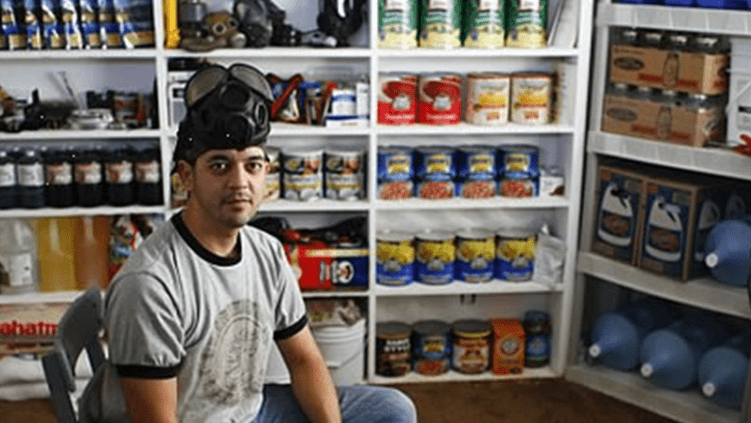Stay Prepared, Stay Fed: Your Ultimate Guide to Thriving During a Food Shortage

In today's unpredictable world, ensuring food security is paramount. Whether facing natural disasters, economic downturns, or unforeseen crisis, having a sustainable food supply can make all the difference. As homesteaders, we have the unique advantage of cultivating self-reliance. Let's explore practical steps to prepare for potential food shortages.
Building Your Emergency Food Supply
An emergency food supply is essential for any preparedness plan. Start by stocking non-perishable items that require minimal preparation. Consider canned meats, fruits, and vegetables, as well as staples like rice, beans, and pasta. High-energy foods such as peanut butter, granola bars, and nuts are also valuable additions. Aim for a three-day supply initially, then gradually extend it to two weeks or more.
Embracing Homesteading Practices
Homesteading offers a path to a sustainable food supply. Growing your own fruits and vegetables reduces dependence on external sources. Even with limited space, container gardening or vertical gardens can yield significant produce. Raising small livestock, like chickens for eggs or goats for milk, further enhances self-sufficiency.
Mastering Food Storage Techniques
Proper food storage extends the shelf life of your harvest. Canning, drying, and fermenting are traditional methods that preserve nutrients and flavor. Investing time in learning these techniques ensures your pantry remains stocked year-round. Additionally, storing bulk staples like wheat, corn, and beans provides a reliable food source during emergencies.
Exploring Foraging Opportunities
Foraging connects us to nature's bounty. Identifying edible wild plants can supplement your diet and add variety. Before foraging, educate yourself on local flora to avoid toxic plants. Always forage responsibly, taking only what you need to ensure sustainability.
Preparing for SHTF Scenarios
In SHTF (Sh*t Hits The Fan) situations, preparation is crucial. Beyond food, consider water purification methods, medical supplies, and alternative energy sources. Regularly review and update your emergency plans to adapt to changing circumstances.
Cultivating Community Connections
Building relationships with local farmers, gardeners, and fellow homesteaders strengthens food security. Sharing resources, knowledge, and skills creates a resilient community network. Participate in local farmers' markets or community-supported agriculture (CSA) programs to support and benefit from local food systems.
Final Thoughts: Taking Action Today
Proactive steps today can mitigate future uncertainties. Assess your current food storage, identify ant, and set achievable goals. Remember, every small effort contributes to a more secure and sustainable future. Embrace the homesteading lifestyle, and empower yourself to face any challenge with confidence.




